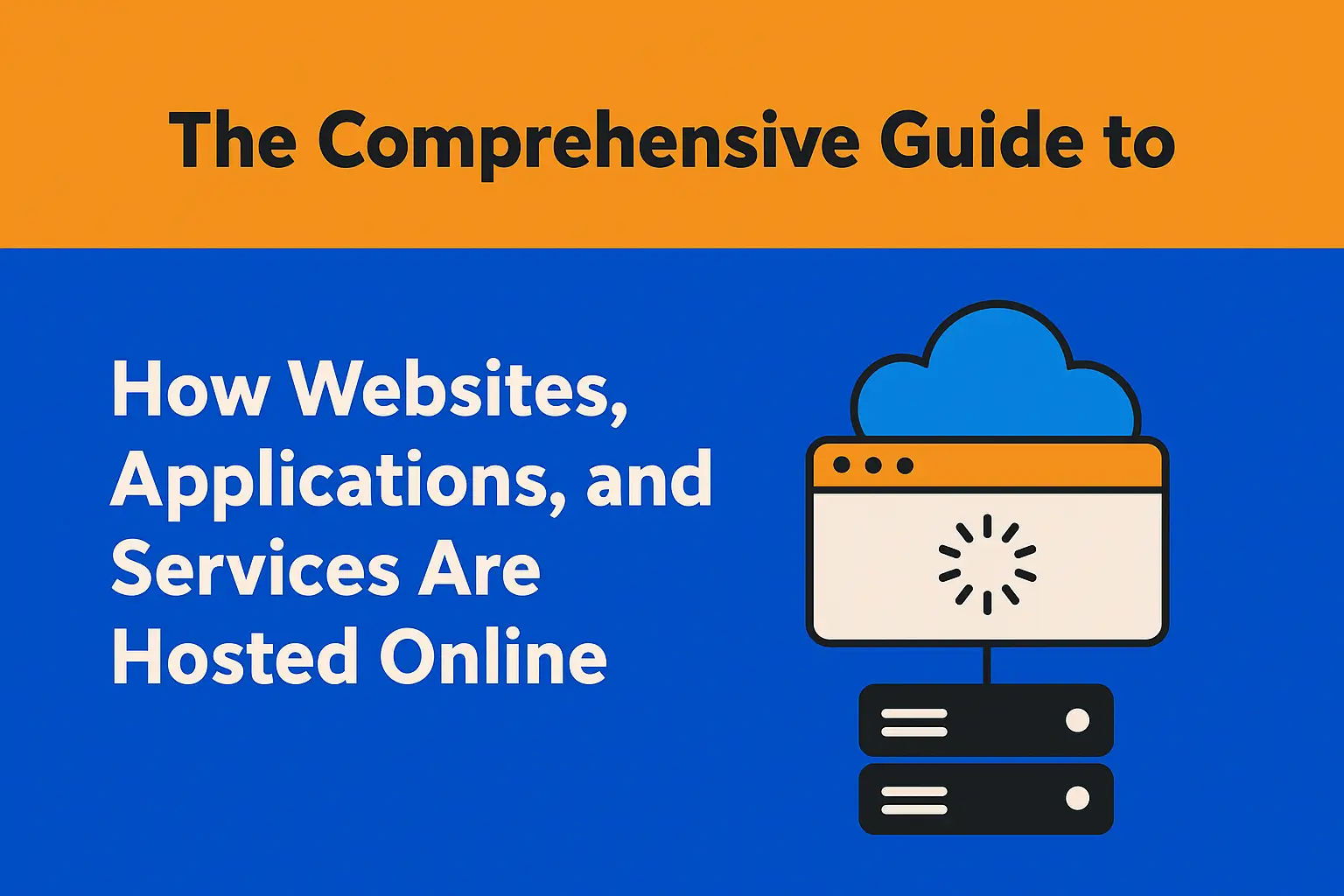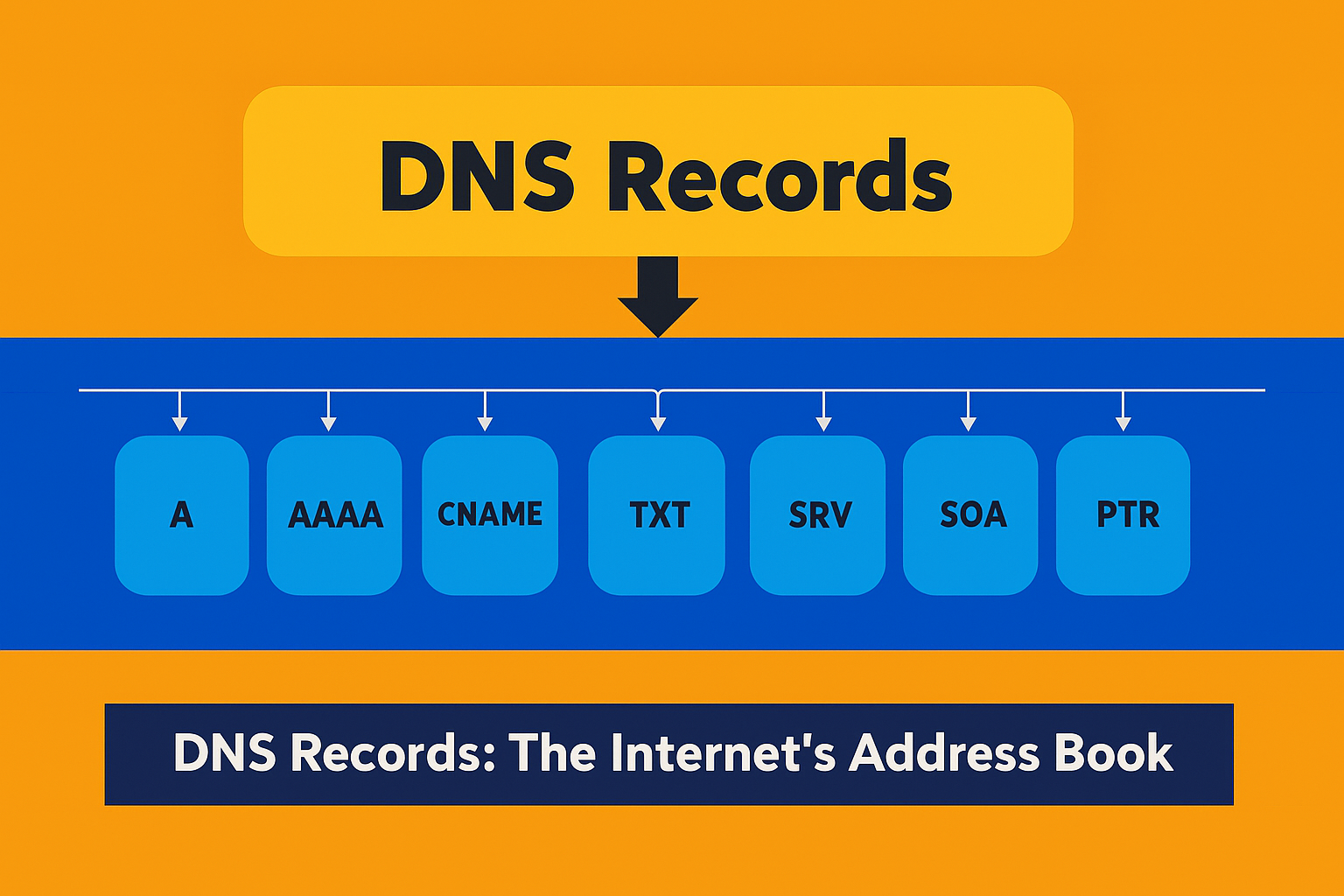
Introduction to Bing AI Copilot
Bing AI Copilot, a cutting-edge innovation from Microsoft, is set to redefine the paradigm of digital navigation. This AI-driven digital assistant is intricately integrated into Bing, Microsoft’s renowned search engine, and is designed to elevate the search experience by providing users with highly intuitive and contextual responses. In an era where precision and efficiency are paramount, Bing AI Copilot emerges as a vital tool, offering a sophisticated approach to interact with and navigate through digital information.
At its core, Bing AI Copilot harnesses advanced artificial intelligence algorithms to understand and interpret user queries more effectively than traditional search engines. It goes beyond simple keyword recognition, enabling a deeper comprehension of context, sentiment, and intent. This ensures that users receive not just relevant, but also highly personalized search results, streamlining the pathway to the information they seek.
The importance of such intelligent navigation solutions cannot be overstated in the rapidly expanding digital landscape. As the volume and complexity of data grow exponentially, the demand for tools that can sift through this information efficiently increases. Bing AI Copilot addresses this by learning from user interactions and continuously improving its response accuracy. Consequently, it transforms the way users engage with digital content, facilitating quicker, more insightful discoveries.
Moreover, Bing AI Copilot represents a significant milestone in Microsoft’s journey towards enhancing digital assistance. It marks a fusion of sophisticated language models with everyday search functionalities, making advanced AI accessible to a broader audience. By doing so, it not only augments user experiences but also sets a new benchmark for future developments in AI-powered digital assistants. As we delve deeper into its capabilities, Bing AI Copilot’s role in the future of intelligent navigation becomes undeniably clear.
How Bing AI Copilot Works
The ingenuity of Bing AI Copilot lies in its robust integration of advanced technologies that facilitate intelligent navigation. Central to its functionality is the application of machine learning algorithms, which empower Copilot to continuously learn from vast datasets and adapt to varied user interactions over time. This iterative learning process enables the system to discern patterns and predict user needs with remarkable precision.
Critical to Copilot’s capability is its use of Natural Language Processing (NLP). By leveraging NLP, Bing AI Copilot can comprehend and interpret user queries in a manner akin to human understanding. The system breaks down sentences into their fundamental components, assessing context to deliver responses that are both relevant and precise. This allows users to interact with Copilot in a natural, conversational way, enhancing the overall user experience.
Data analytics also play a pivotal role in the operational efficiency of Bing AI Copilot. The architecture of the system relies on an extensive array of data sources, including historical user data, web content, and real-time information, to construct a comprehensive knowledge base. This diverse data pool is processed using sophisticated analytics techniques, ensuring that the responses generated are not only accurate but also up-to-date and contextually rich.
In terms of architecture, Bing AI Copilot employs a layered approach that includes data ingestion, processing, and response generation. At the data ingestion layer, raw data from various sources is collected and pre-processed. The processing layer utilizes machine learning models and NLP algorithms to analyze the ingested data. Finally, the response generation layer formulates and presents the derived answers to the user’s queries. This efficient flow of data and computation ensures that Bing AI Copilot operates seamlessly and delivers high-quality responses promptly.
Features and Functionalities
The Bing AI Copilot comes equipped with an array of features that set it apart from traditional navigation systems. One of the flagship elements is its advanced voice recognition capability. This feature allows users to interact with the Copilot using natural language, offering hands-free convenience and an intuitive user interface. Whether you’re issuing commands while driving or querying for information, the voice recognition ensures a seamless interaction.
Contextual search capabilities form another cornerstone of the Bing AI Copilot. This allows the system to understand and process queries within their context, thereby delivering more relevant and precise results. For instance, if a user asks for “restaurants nearby,” the Copilot can use geographical data, user preferences, and even time of day to provide tailored recommendations that exceed mere keyword matches.
Personalized recommendations further enhance the user experience, leveraging artificial intelligence to analyze user behavior over time. By understanding individual preferences and habits, the Bing AI Copilot can suggest destinations, routes, and services that align with user needs. These recommendations are continuously refined, creating a customized experience that evolves with the user, thereby boosting engagement and satisfaction.
Another significant advantage is the seamless integration with other Microsoft services. The Bing AI Copilot is designed to work effortlessly with tools such as Outlook, Microsoft Teams, and OneDrive. This integration allows users to access emails, schedule meetings, and share documents directly through their navigation system, vastly improving productivity and streamlining tasks. For instance, a user can ask the Copilot to navigate to a meeting location while simultaneously pulling up relevant emails or documents for review en route.
Collectively, these features not only make interactions with the Bing AI Copilot more efficient and precise but also create a unified ecosystem that enhances overall user experience. The intelligent fusion of voice recognition, contextual search, personalized recommendations, and seamless integration with Microsoft services establishes the Bing AI Copilot as a pioneering solution in intelligent navigation technology.
Benefits of Using Bing AI Copilot
The Bing AI Copilot offers a multitude of benefits that are poised to revolutionize daily tasks and professional activities. One of the most significant advantages comes in the form of enhanced productivity. By enabling users to perform a range of tasks more efficiently, Bing AI Copilot minimizes the time spent on mundane activities, thus freeing up valuable time for more strategic or creative endeavors.
Quick and accurate responses are another essential benefit of this advanced technology. Leveraging artificial intelligence, the Bing AI Copilot provides near-instantaneous answers to user inquiries, significantly reducing the time spent searching for information. This feature is particularly conducive to achieving deadlines and managing workloads effectively.
Moreover, the enhanced search experience offered by Bing AI Copilot is worth noting. Traditional search engines often deluge users with an array of links, among which finding relevant information can be daunting. In contrast, Copilot refines this search by providing context-aware information, ensuring that results are directly pertinent to the query at hand.
Various user groups stand to gain immensely from the Bing AI Copilot. For general users, it streamlines everyday tasks, such as finding the nearest service centers, comparing product prices, or solving quick math problems. For businesses, the Copilot can analyze huge datasets to offer actionable insights, thereby optimizing decision-making processes. Professionals, especially those in fields requiring constant research and data analysis, find the context-aware solutions particularly invaluable, enhancing both efficiency and accuracy.
The Bing AI Copilot, thus, holds transformative potential across different spheres – from improving individual productivity and enriching user experiences to providing robust tools for businesses and professionals. Its ability to offer tailored, context-specific responses not only saves time but also ensures that users have access to the most relevant and valuable information available.
Comparing Bing AI Copilot with Other AIs
As artificial intelligence rapidly advances, comparing the unique capabilities of AI-driven assistants such as Bing AI Copilot, Google’s Assistant, Apple’s Siri, and Amazon’s Alexa is crucial to understand the landscape of intelligent navigation. Each of these AIs offers distinctive features that cater to various user needs, making it essential to highlight where Bing AI Copilot stands out and where it might fall short.
First and foremost, Bing AI Copilot distinguishes itself with its superior search capabilities, driven by the powerful Bing search engine. This integration allows Bing AI Copilot to provide more accurate and comprehensive search results, tailored to user queries. This contrasts with Google’s Assistant, which, while highly efficient, is bound by the limitations of the Google search engine and its data algorithms. The deep integration with Bing’s vast database enables Bing AI Copilot to excel in delivering relevant and up-to-date information swiftly.
Moreover, when compared to Apple’s Siri, Bing AI Copilot’s standout feature is its cross-platform compatibility. While Siri is confined to Apple’s ecosystem, Bing AI Copilot can be accessed across multiple platforms and devices, providing a more flexible user experience. This attribute makes it a versatile tool for users who operate in diverse technological environments, ensuring they are not restricted by specific device limitations.
Amazon’s Alexa, renowned for its exceptional smart home integration, faces competition from Bing AI Copilot’s advanced data processing capabilities. While Alexa excels in home automation, Bing AI Copilot provides a more robust and interactive search experience, leveraging sophisticated algorithms and AI models to enhance user interaction and satisfaction.
However, Bing AI Copilot does have its limitations. One of the primary challenges it faces is matching the broad user adoption of its competitors. Google Assistant, Siri, and Alexa have established significant market presence and user bases that may be difficult to surpass. Additionally, while Bing AI Copilot’s search capabilities are advanced, its voice recognition and natural language processing may still have room for improvement compared to its rivals, particularly Google Assistant, which has demonstrated exceptional prowess in these areas.
In summary, Bing AI Copilot leverages its strengths in search integration and cross-platform accessibility to provide a competitive edge in the field of AI-driven assistants. It offers unique advantages that set it apart from other AI assistants, though it must continue to evolve to address its limitations and meet the growing demands of its users.
Real-World Applications and Use Cases
Bing AI Copilot is transforming various aspects of both personal and professional lives by integrating artificial intelligence with everyday tasks. In personal settings, individuals are leveraging this advanced tool for daily search activities, ensuring accurate and timely information retrieval. This extends to smart home management, where Bing AI Copilot assists in streamlining household operations. For instance, users can control lighting, security systems, and even appliances via voice commands, making home automation more intuitive and efficient.
In professional environments, Bing AI Copilot serves as a pivotal resource across diverse sectors. Researchers benefit from its capability to delve deeply into vast databases, extracting pertinent information and analyzing data trends with unprecedented speed and accuracy. This accelerates the process of literature review and hypothesis testing, leading to timely advancements in various fields of study.
Business analytics is another area where Bing AI Copilot has a significant impact. By processing large volumes of data, it aids companies in deciphering market trends, forecasting demands, and making informed decisions. A case study from a financial firm demonstrated how the Copilot’s insights led to a 20% increase in stock portfolio performance by identifying lucrative investment opportunities.
Content creation professionals are also reaping the benefits of using Bing AI Copilot. It assists writers and marketers in generating compelling content rapidly. One testimonial from a freelance writer highlighted how the Copilot reduced research time by half, allowing for more focus on creativity and quality. Moreover, its ability to offer content suggestions helps maintain originality and relevance, enhancing overall productivity.
These examples underscore the versatility and intelligence of Bing AI Copilot, positioning it as an indispensable tool in modern-day navigation across personal and professional landscapes.
Challenges and Future Prospects
Bing AI Copilot, while groundbreaking in its implementation, confronts a series of challenges that need to be addressed to fully realize its potential. One of the primary hurdles is data privacy. As intelligent navigation systems become more sophisticated, they require extensive amounts of user data to function optimally. This can raise significant privacy concerns among users who may be wary of how their data is being collected, stored, and used. Ensuring robust data protection and transparent policies will be crucial in maintaining user trust and compliance with increasingly stringent data privacy regulations.
Another significant challenge is technological limitations. Despite substantial advancements, AI technology is still in a continuous state of evolution. Real-world applications of AI, such as Bing AI Copilot, must navigate issues like imperfect data sets, potential biases in algorithms, and varying degrees of accuracy and reliability. These technological constraints can hinder the seamless functioning of AI-driven navigation tools and present a barrier to their widespread adoption.
Competition in the AI market also poses a challenge. Other tech giants are developing their own intelligent navigation systems, each vying for a share of this burgeoning market. This competitive landscape demands constant innovation and improvement from Bing AI Copilot to stay ahead. To differentiate itself, Copilot must offer unique features and unparalleled user experiences that outshine those of its competitors.
Future Prospects
Despite these challenges, the future prospects for Bing AI Copilot appear promising. Continuous advancements in AI technology promise to overcome current limitations and unlock new capabilities. By integrating more sophisticated machine learning algorithms and leveraging vast amounts of data, future iterations of Copilot could offer even more precise and reliable navigation. Enhanced artificial intelligence could enable real-time learning and adaptation, providing users with more personalized and intuitive experiences.
Moreover, future developments may see the expansion of Copilot’s applications beyond traditional navigation. Integrating AI-driven insights for predictive traffic patterns, virtual assistants for travel planning, and augmented reality for immersive navigation experiences are just a few potential advancements. As Bing AI Copilot evolves, it could redefine the landscape of intelligent navigation and set new benchmarks for AI technology.
In conclusion, while Bing AI Copilot faces notable challenges, its future remains bright with continuous advancements and innovations. Addressing data privacy concerns, overcoming technological limitations, and navigating a competitive market will be essential in fully harnessing the capabilities of AI-powered navigation. The potential for enhancing user experiences and broadening applications underscores the transformative impact that Bing AI Copilot can achieve in the realm of intelligent navigation.
Conclusion
As we navigate the transformative era of artificial intelligence, Bing AI Copilot stands as a pioneering force, exemplifying how cutting-edge technologies can reshape our interaction with digital environments. Throughout this article, we’ve delved into the advanced features and capabilities of Bing AI Copilot, highlighting its innovative nature. This tool not only streamlines tasks but also enhances productivity and efficiency across various sectors, from personal use to professional applications.
The importance of Bing AI Copilot lies in its capacity to offer intuitive, intelligent support seamlessly integrated into everyday workflows. It leverages sophisticated algorithms to understand context, predict user needs, and provide relevant assistance, thereby facilitating a more interactive and responsive user experience. The innovative nature of this AI-driven digital assistant underscores a significant shift in the way we approach navigation, information retrieval, and task management.
Looking ahead, the potential impact of AI-driven digital assistants like Bing AI Copilot is substantial. As these technologies continue to evolve, they promise to bring about more personalized, efficient, and intelligent interactions across both personal and professional spheres. Industries stand to gain from enhanced operational efficiencies, while individual users can look forward to a more streamlined and productive digital experience.
We encourage readers to explore Bing AI Copilot firsthand to fully appreciate its capabilities and the future of intelligent navigation it heralds. Engage with this innovative tool and witness how AI can enrich and simplify your digital interactions, paving the way for a more connected and technologically advanced future.





0 Comments